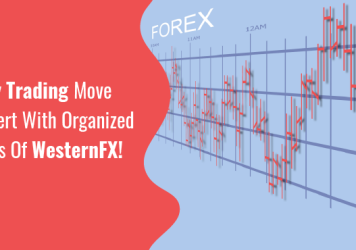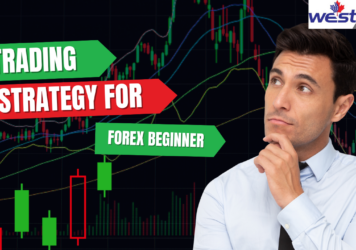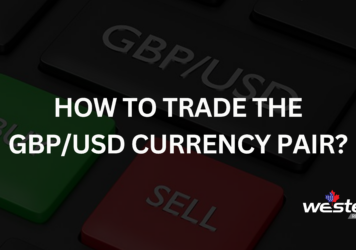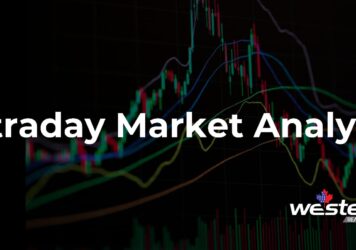How Much Money Can You Make Trading Forex
Forex trading, or foreign exchange trading, involves buying and selling currencies to capitalize on their fluctuations. While the allure of Forex trading comes from the potential for substantial profits, it’s crucial to approach it with a realistic mindset. This article explores the potential earnings from Forex trading, factors influencing profit margins, effective strategies, risk management, and real-world success stories.
Understanding the Forex Market: Basics You Need to Know
Before delving into profits, it’s essential to understand the Forex market’s structure:
- Market Size: The Forex market is the largest financial market globally, with a daily trading volume exceeding $6 trillion.
- Currency Pairs: Trading involves pairs, such as EUR/USD or GBP/JPY, where one currency is exchanged for another.
- Leverage: Traders can control larger positions with a smaller amount of capital through leverage, amplifying both potential gains and losses.
Having a solid foundational understanding of these aspects will prepare you for effective trading.
Factors Influencing Profit Potential in Forex Trading
Several key factors impact how much money you can make in Forex trading:
- Leverage: This allows traders to control larger amounts than their initial investment. While it can magnify profits, it can also lead to significant losses.
- Market Conditions: Volatility in currency pairs can influence your trading opportunities. High volatility often means greater potential profit.
- Trading Skill and Experience: The more knowledgeable and experienced you are, the better your decisions will be. Continuous learning is crucial to staying competitive in Forex trading.
- Time Commitment: Full-time traders may have more opportunities to execute trades compared to those trading part-time.
Here is a comparative table showcasing various factors influencing profit potential:
| Factor | Impact on Profits | Example |
|---|---|---|
| Leverage | High; amplifies gains/losses | Using 100:1 leverage can turn a $500 investment into $50,000 worth of trades |
| Market Conditions | Variable; volatility can increase opportunities | A rapidly changing economic situation may present multiple trading chances |
| Skill Level | Direct correlation; more experience leads to better decision-making | An expert trader may consistently make profitable trades, while a novice may incur losses |
Choosing the Right Strategy: Maximizing Your Earnings
Selecting an effective trading strategy is vital for profit maximization. Some popular strategies include:
- Scalping: Involves making numerous trades throughout the day to capture small price movements. Profits can accumulate quickly, but risks are present with each trade.
- Day Trading: Traders buy and sell within the same day to avoid overnight risk. This strategy requires quick decision-making and a thorough understanding of the market.
- Swing Trading: Involves holding positions for several days to capitalize on expected price moves. This method is beneficial for those who cannot monitor the market constantly.
- Position Trading: Focuses on long-term trends, allowing traders to hold onto their positions for weeks or months. This strategy requires patience and a strong understanding of market fundamentals.
Risk Management: Protecting Your Forex Trading Capital
Effective risk management is crucial for sustaining profits in Forex trading:
- Set Stop-Loss Orders: Define a maximum loss level to automatically exit a position, minimizing potential losses.
- Position Sizing: Determine the amount to invest based on your total capital and risk tolerance. A common guideline suggests risking no more than 1-2% of your trading capital on a single trade.
- Diversification: Spread your investments across various currency pairs to mitigate risk.
By implementing robust risk management strategies, traders can safeguard their capital and continue trading even in adverse market conditions.
Realistic Expectations: Average Earnings in Forex Trading
While the Forex market offers lucrative opportunities, it’s essential to maintain realistic expectations. Average earnings can vary widely based on several factors, including:
- Skill Level: Beginner traders might earn modest profits while experts can yield more significant returns.
- Market Conditions: Economic events can lead to unpredictable outcomes.
- Time Investment: Those who trade full-time may earn more than part-time traders.
Traders often aim for a return of 5-15% on their capital annually, while seasoned traders might achieve even higher returns with consistent effort and sound strategies.
Success Stories: How Traders Achieve Financial Growth
Many traders have come to achieve substantial financial growth through Forex trading. Consider the following examples:
- John Doe: An experienced trader who focused on day trading in high-volatility pairs, he reported an average monthly profit of 20% over several years.
- Jane Smith: A part-time swing trader who dedicated a few hours weekly to analyze market trends, she successfully generated an additional income stream equating to around $1,500 a month.
These examples illustrate that with the right strategies and commitment, Forex trading can be a lucrative endeavor.

Frequently Asked Questions (FAQ)
- How much capital do I need to start Forex trading?
- You can start with as little as $100, but a larger amount, around $1,000 or more, is recommended for effective trading.
- Can I make a living from Forex trading?
- Yes, many traders do make a living from Forex, but it often requires significant experience, skill, and a well-developed strategy.
- What is the average return on investment in Forex trading?
- Average returns can range from 5-15% annually for novice traders, while experienced traders might achieve higher returns.
- How do I choose a Forex broker?
- Look for regulation, trading fees, platform features, and customer support. Always read reviews and verify the broker’s reputation.
- Is Forex trading risky?
- Yes, Forex trading carries risks, especially due to leverage. It’s essential to implement risk management strategies to protect your capital.
- What tools can help improve my Forex trading?
- Tools like trading platforms (e.g., MetaTrader), economic calendars, and technical analysis software can aid traders.
- How long does it take to become a successful Forex trader?
- Success varies per individual; it can take months to years, depending on your commitment to learning and practicing.
By understanding the Forex market, evaluating your potential earnings, and employing sound strategies and risk management, you can navigate this exciting financial landscape with greater confidence and success.











